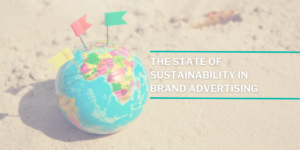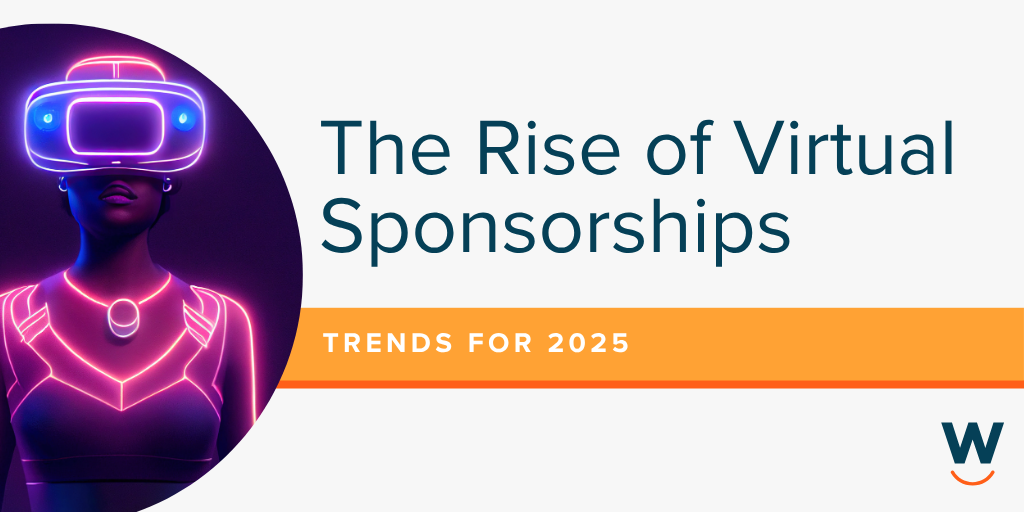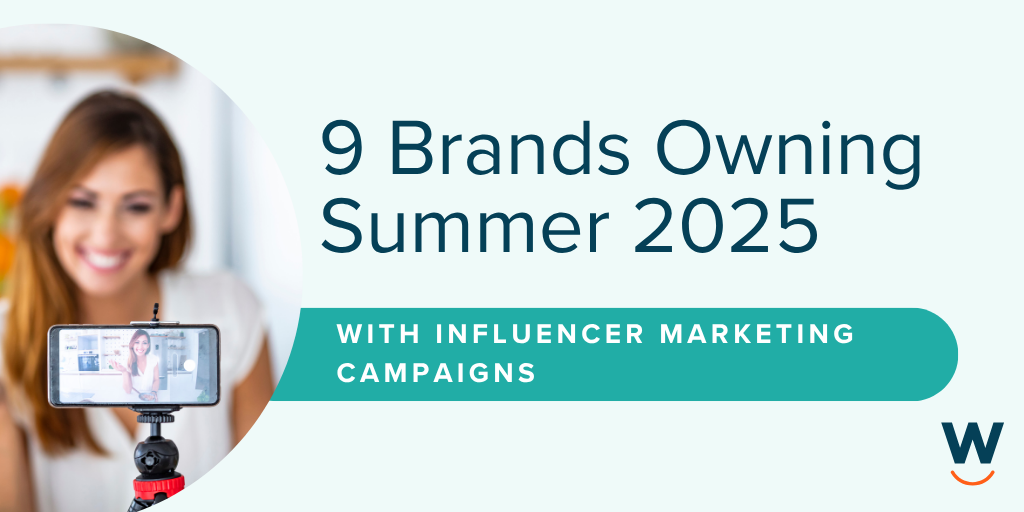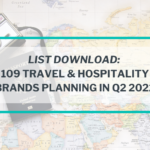
The State of Sustainability in Brand Advertising
As we gear up for Earth Day next Friday, April 20, expect to see brands across industries shout their advancements in sustainability from the rooftops. But, is it real? Are all of the brands with green logos and promises to go carbon neutral doing anything behind the scenes? Or is it just another example of performative allyship or greenwashing?

What is greenwashing?
The term was coined by environmentalist Jay Westerveld in 1986 in response to the ironic “save the towel” movement in hotels. This had little impact on sustainability. Chevron is a classic example of wide-scale greenwashing. In the mid-’80s, the oil company commissioned a series of TV and print ads to broadcast its environmental dedication. While its “People Do” campaign ran, Chevron violated the Clean Air Act and Clean Water Act, and spilled oil into wildlife refuges.
Additionally, in 1991, chemical company DuPont launched new oil tankers with ads featuring marine animals singing “Ode to Joy.” It turned out the company was the largest corporate polluter in the US. Today, greenwashing often looks like brands falsely reporting the carbon footprint of e-commerce shipping. Or the waste created by physical products and their packaging. But also much less tangible things.
Ad agencies, digital marketing consultants, and other suppliers of virtual services were previously exempt from the sustainability conversation. However, attention has now turned to the way that digital and virtual services affect the environment, too.
Today, consumers demand transparency and action in sustainability:
- Six in 10 consumers will change their shopping habits to reduce environmental impact. Eight in 10 respondents indicate sustainability is important (IBM Institute for Business Value).
- 36% of US online adults look for ways to contribute to local communities. 31% think about global challenges like poverty or hunger (Forrester).
- One-third of Millennials will choose a sustainable alternative when available. Older generations are less likely to actively choose sustainable alternatives (24-29%) (Simon-Kucher & Partners).
- One-third of consumers will pay a premium for sustainable products, and companies should prepare for sustainability to become the expectation and not the exception in the future (Simon-Kucher & Partners).
Which brands practice what they preach?
Patagonia: First, widely known for its environmentalism, Patagonia goes so far as to discourage customers from purchasing too many of its products. n 2011, the brand’s “Don’t buy this jacket” campaign tackled consumerism head-on. In 2016, it donated 100% of Black Friday sales to environmental nonprofits. And, in 2019, it matched all donations to environmental groups through Patagonia Action Works, the brand’s grassroots activism platform.
Allbirds: Founded in San Francisco in 2015, Allbirds sneakers are made from wool. By 2020, Allbirds was valued at $1.7 billion, and in August this year, the brand filed for a Sustainability IPO. Allbirds is a B Corp that invents its own materials, as well as pushes for greater collaboration in the footwear industry. In July, the brand announced a 10 step sustainability commitment called the “Allbirds Flight Plan” to cut the brand’s emissions in half by 2025.
Everlane: Finally, On October 6, 2021, Andrea O’Donnell become the apparel brand’s new CEO at Everlane. Incumbent Michael Preysman transitioned to executive chair and climate activist. Everlane has built its brand with the tagline ‘radical transparency’ and positioned itself as a leader in ethical practice. It’s committed to reveal the true costs behind all of its products — from materials to labor, to transportation.




